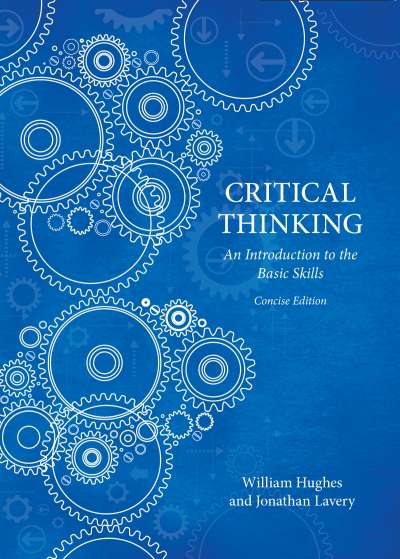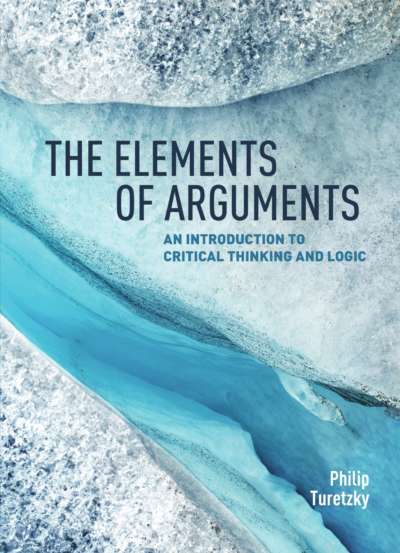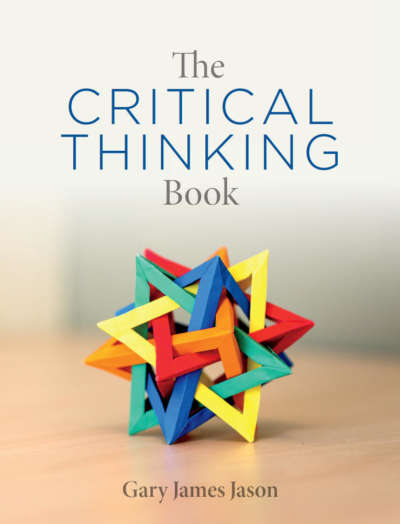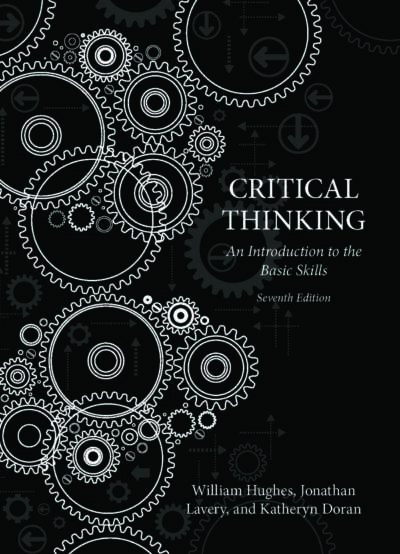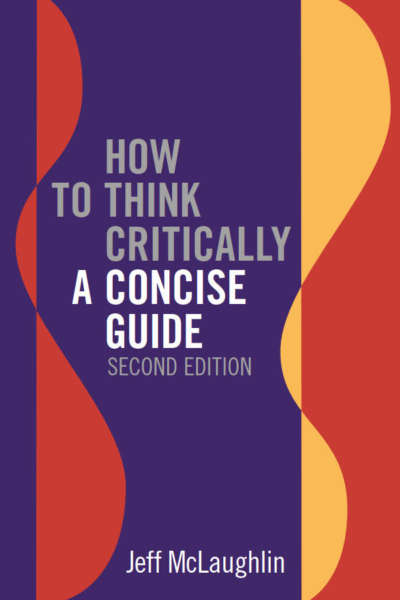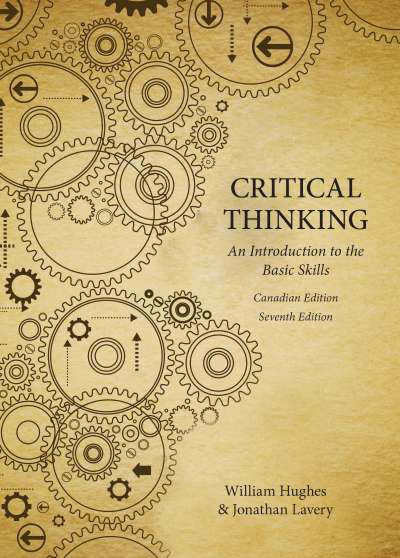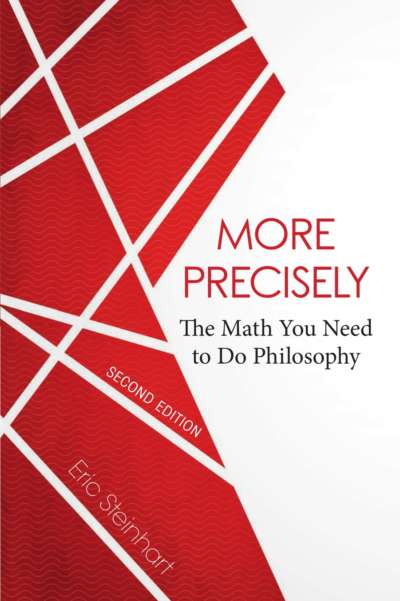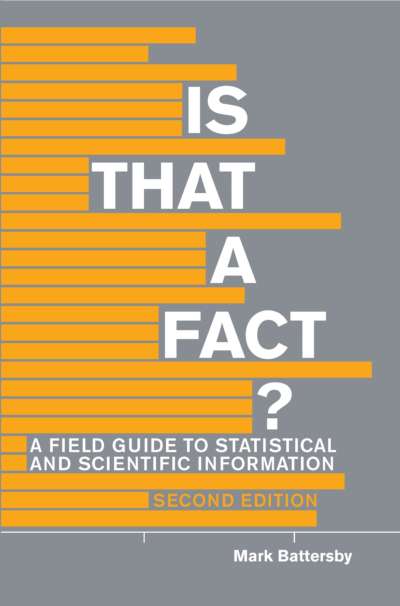Scientific Thinking is a practical guide to inductive reasoning—the sort of reasoning that is commonly used in scientific activity, whether such activity is performed by a scientist, a reporter, a political pollster, or any one of us in day-to-day life. The book provides comprehensive coverage of such topics as confirmation, sampling, correlations, causality, hypotheses, and experimental methods. Martin’s writing confounds those who would think that such topics must be dry-as-dust, presenting ideas in a lively and engaging tone and incorporating amusing examples throughout. This book underlines the importance of acquiring good habits of scientific thinking, and helps to instill those habits in the reader. Stimulating questions and exercises are included in each chapter.
Comments
“Robert Martin’s book is an excellent introduction to scientific thinking, and in that respect, to the philosophy of science … [it] renders a number of complex and difficult topics very accessible.” — Rich Hughen, Teaching Philosophy
“Scientific Thinking is admirably clear and linear. It takes the student from the elementary position of undirected observation through problems in sampling to issues in explanation, causation and classification. The book’s informal language helps to make it easy to understand such things as the need for and practical difficulties involved with random sampling. … Scientific and historical examples are presented in an especially illuminating way.” — Carl Matheson, University of Manitoba


